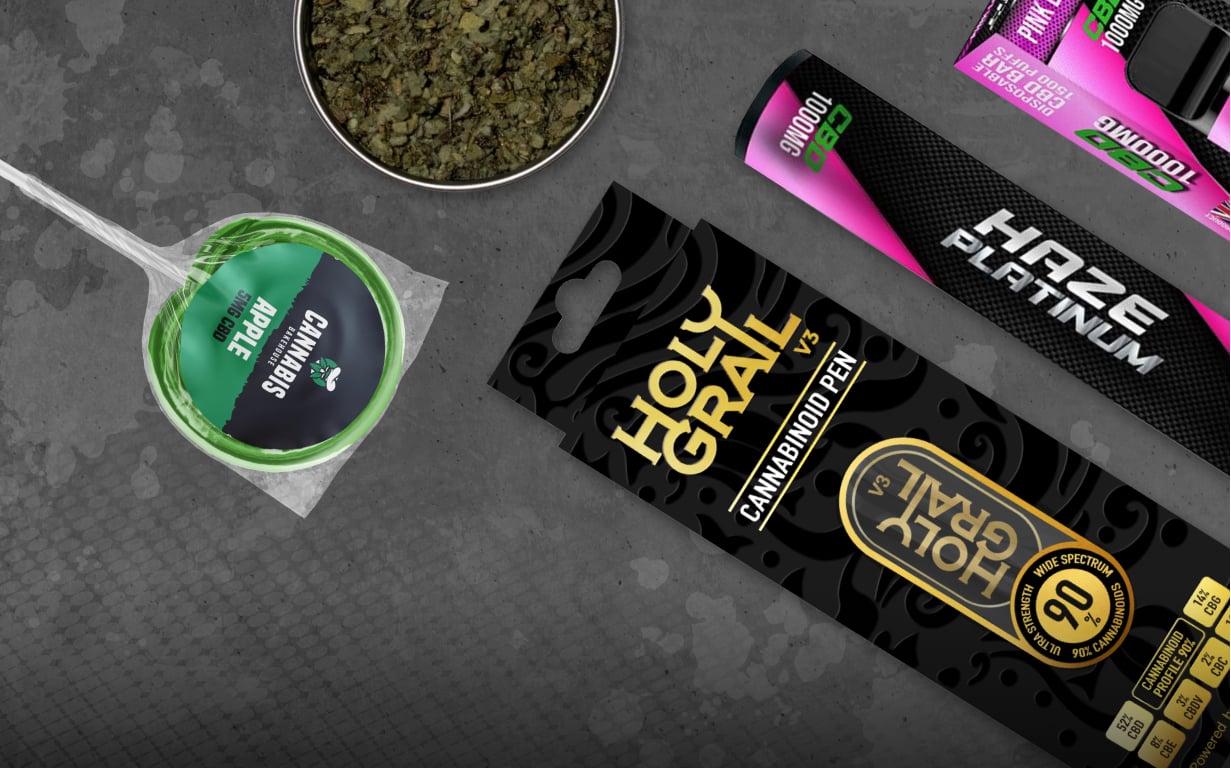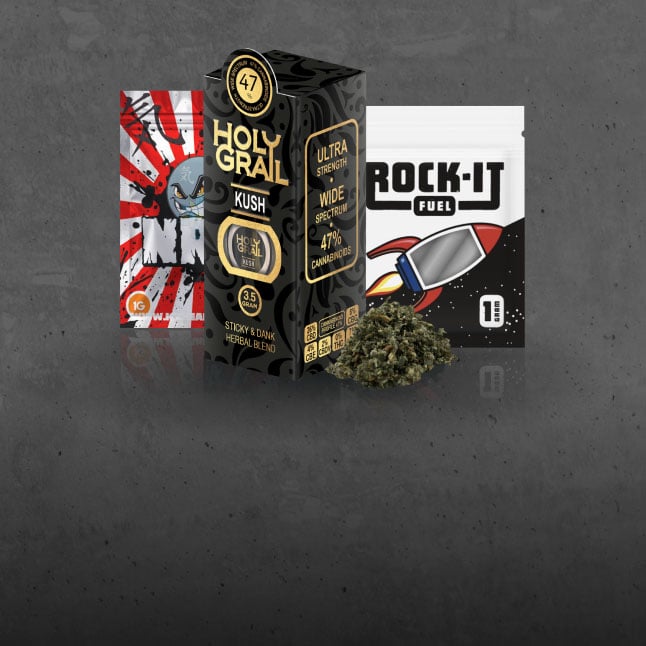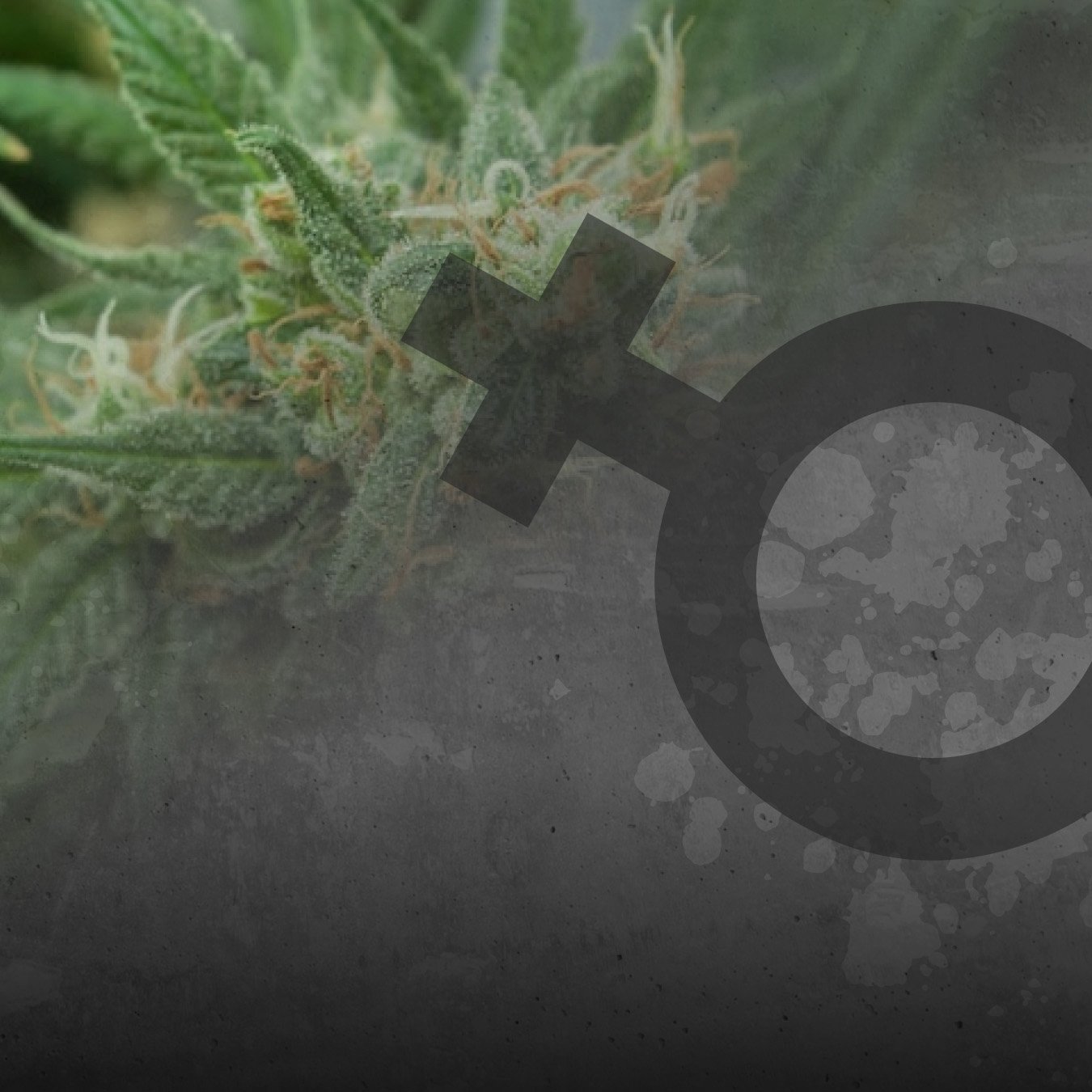“A Member State may not prohibit the marketing of cannabidiol (CBD) lawfully produced in another Member State when it is extracted from the Cannabis sativa plant in its entirety and not solely from its fibre and seeds”*
On 19th November 2020 the Court of Justice of the European Union ruled that CBD is not a narcotic, and released further details on the ruling in
press release No 141/20.
In this blog we are going to break down what exactly the EU court has ruled in regards to the isolated cannabinoid cannabidiol, otherwise known as CBD. Moreover we will look into what it means for our industry, manufacturers and countries who are members of the EU.
What is a narcotic?
A narcotic is
a drug or other substance that affects mood or behaviour and is consumed for non-medical purposes, especially one sold illegally.
CBD in the UK (as well as much of Europe and many countries around the world) is not illegal, furthermore regulation within the UK shows that CBD is not only becoming widely used and accepted but is here to stay.
What the EU Court has ruled
The Court ruled that Articles 34 and 36 TFEU (which refer to the Free Movement of Goods between EU Member States) must be interpreted to mean that a Member State may not prohibit ‘the marketing of cannabidiol (CBD) lawfully produced in another Member State when it is extracted from the
Cannabis sativa plant in its entirety and not solely from its fibre and seeds, unless that legislation is appropriate for securing the attainment of the objective of protecting public health and does not go beyond what is necessary for that purpose’
(1).
Put simply, a Member State can legally market CBD that has been lawfully produced in another Member State, when extracted from the
Cannabis sativa plant in its entirety. The exception to this is that the Member State may prohibit such marketing if they can justify that they are protecting public health, but this justification must be based on available scientific data and not on hypothetical considerations.
A key reason for this ruling is that the Court found that the CBD at issue in the main proceedings
cannot be regarded as a narcotic drug. To reach this finding, the Court ‘noted that [the CBD at issue] is not covered by the Convention on Psychotropic Substances or by Joint Action 97/396, referred to in Article 1(1)(b) of Framework Decision 2004/757’
(2).
The Court also observed that said CBD ‘does not appear to have any psychotropic effect or any harmful effect on human health on the basis of available scientific data
(3).
What does this mean for the CBD industry
Now, with this judgement by the EU Court, the industry has more opportunity for multi-national growth and trade throughout Europe. This ruling increases the opportunity to trade with member states that previously have prohibited the marketing of such a product.
As a result, there is the potential that access to more organically complete, high quality CBD products from other EU state members will increase, and that. purchasing CBD products may be easier for distributors, manufacturers and consumers alike.
How does this impact manufacturers and consumers?
Consumers have access to CBD in many forms such as (but not limited to):
Since the EU Court has ruled CBD not a narcotic and made trade of CBD produced using flowers and leaves available for free trade among its member states, we can expect to see a rise in the availability of CBD products produced elsewhere in Europe, as well as ease of access via distributors.
Manufacturers of CBD products, or farmers of hemp, may find within their country that it may soon be possible for them to harvest the entire plant for the purpose of extracting CBD, depending on their country's independent policy.
Remember - CBD products, to be considered legal in the UK and much of Europe, must not contain more than 0.2% of THC (one of the psychoactive ingredients found within cannabis). This is the limit that is deemed safe and to cause no psychoactive effect.
Which countries does this apply to?
The new legislation regarding trade of CBD products, produced lawfully using the plant in its entirety applies to all member states of the EU, providing that the member state in question doesn’t prohibit marketing of said CBD products due to protection of public health based upon scientific evidence.
Interestingly for the UK, we may see more changes yet, depending on EU trade deals during our Brexit transition period.
A brief history of CBD
The compound cannabidiol was not discovered until 1940. Once discovered and isolated, it was recognised for its anticonvulsant and anti-inflammatory benefits. Researchers have since discovered that CBD has a wide range of medical applications.
Although CBD does not possess mind-altering properties, prohibition of cannabis meant that research surrounding the compound had been somewhat limited, until recently when it has become more mainstream.
It was in 1928 at the International Opium Convention at Geneva that cannabis was deemed a dangerous threat to society. It was made illegal under the 1920 Dangerous Drugs Act and put alongside the likes of amphetamines, opioids and other narcotics.
Learn more about the
history of cannabis law in the UK.
CBD at ICE Headshop
ICE Headshop is a long established retailer of
CBD products and we’re leaders in our industry. We take pride in keeping up to date with all of the latest high quality product lines, as well as ensuring products meet quality standards..
We strive to offer CBD at incredible prices and stock products from big name manufacturers such as Harmony, Infinity, CBD FX and Canavape to name a few, and our team of experts are on hand to answer any questions you might have regarding our CBD products.
Speak with our team
If you have a question on any of our products, don’t hesitate to get in touch.
Email: [email protected] (24/7/365)
Phone: Mon-Fri, 10am - 4.00pm
Phone orders: 01626 903101
General enquiries: 01626 903102
Disclaimer: Please note that you must be 18 years or older to purchase CBD products. All claims and effects of CBD have been regulated by the MHRA since 2016 and distributors require a license from the MHRA to make any medical claims. Claims are opinion based and non-scientific, and while we may discuss the opinions people share, they are not our own. Our CBD is not intended to treat, cure or prevent disease. Although we can advocate its calming & healthy properties it is in no way intended for medicinal use.
Article annotations:
*That prohibition may however be justified by the objective of protecting public health but must not go beyond what is necessary in order to attain it. This justification is discussed in paragraph 89 of the Judgment and concerns the principle of proportionality.
(1) Paragraph 97 Case C-663/18
(2) Paragraph 64 Case C-663/18
(3) Paragraph 72 Case C-663/18







The information below is required for social login
Sign In
Create New Account